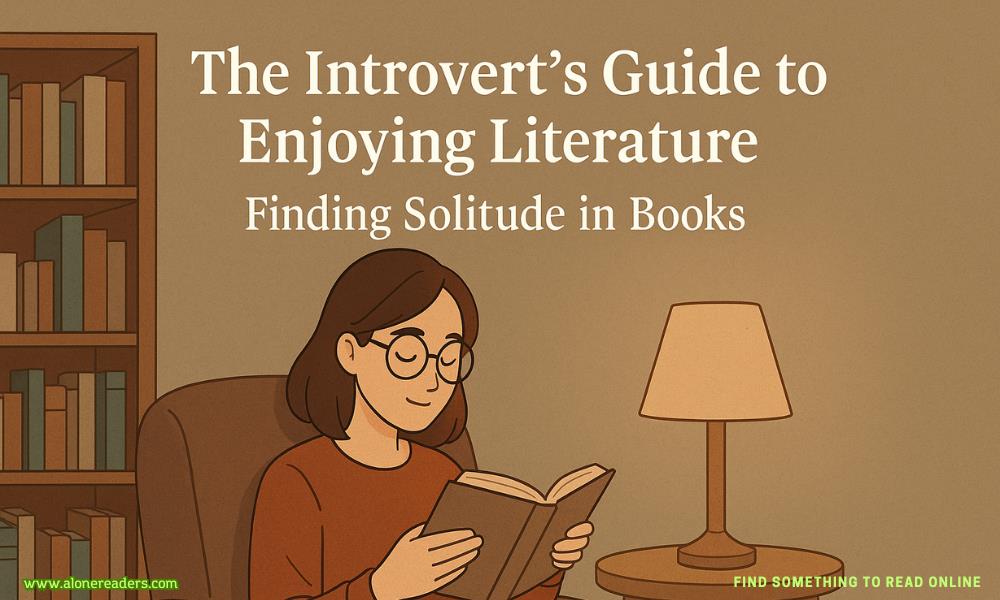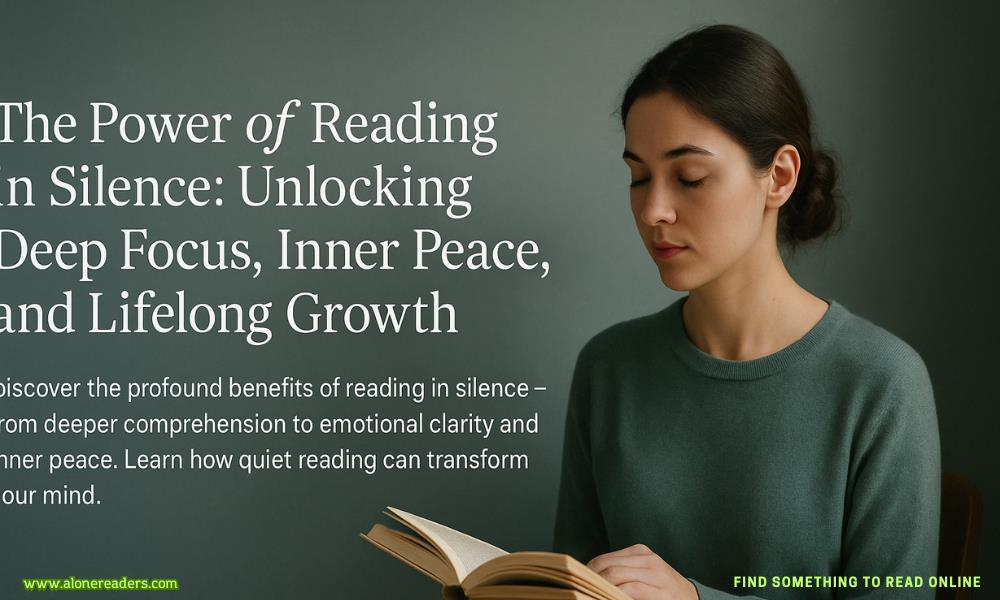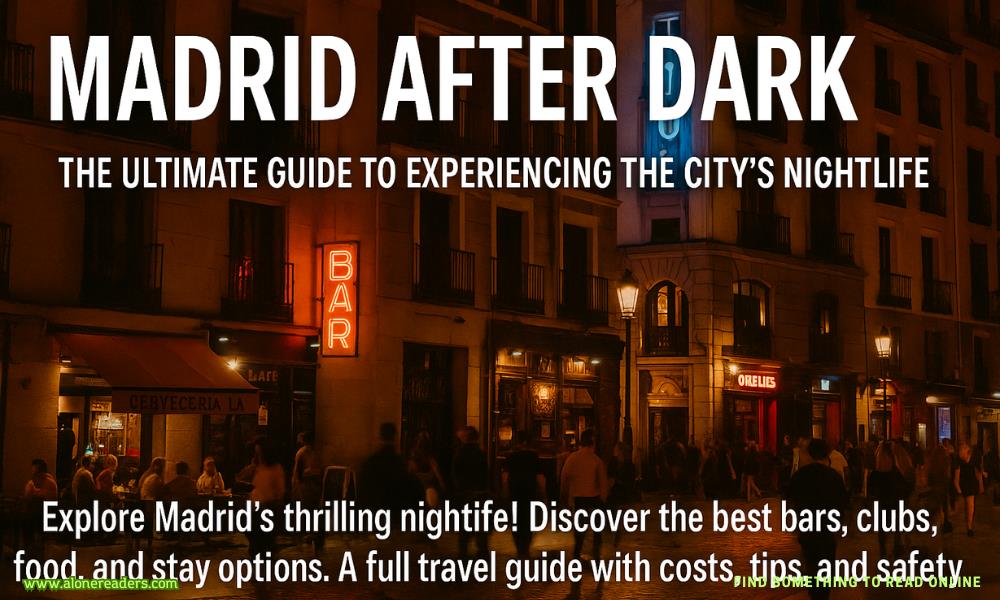Page 45 of Of Faith and Fangs
Hesitantly, I dipped my fingers into the water, braced for the familiar burning sensation. To my astonishment, the water felt cool against my skin—uncomfortable, like touching ice, but not agonizing. My fingers remained wet rather than burned.
Father O’Malley smiled at my expression of shock. “Progress,” he said simply.
“How is this possible?” I whispered, staring at my dripping fingers.
“Grace works in mysterious ways,” he replied. “The sacraments are channels of that grace—confession, communion, baptism. Each connects us to Christ’s saving power in a different way.”
“Communion,” I echoed, remembering the pain I’d experienced during the consecration. “I don’t think I could ever—“
“Perhaps not yet,” Father O’Malley acknowledged. “But eventually, if you’re ready to receive the Eucharist, it might be the key to your freedom, to your healing.”
“Drinking Christ’s blood,” I murmured, the concept suddenly resonating differently given my condition. “Body and blood, soul and divinity.”
“The true food and drink of eternal life,” Father O’Malley confirmed. “But there’s no rush, Alice. Healing takes time, especially healing as profound as what you’re seeking.”
I glanced toward the eastern windows, where the darkness had begun to soften almost imperceptibly. Dawn approached, sending me back to my hiding place for another day.
“Will you return tomorrow night?” Father O’Malley asked.
I nodded, looking once more at my hand, still damp with holy water that should have burned me. “Yes. I’ll return.”
“Perhaps you’ll be ready for your first communion, then.”
“Really?” I asked.
Father O’Malley smiled wide. “I’d recommend fasting until then.”
I licked my fangs. “No blood. Got it. Shouldn’t be too difficult. Abstain from human blood, and get the blood that can make me truly alive again!”
I could see in the priest’s expression he was proud of me. Still, my gut twisted. “I don’t want to go back to Silas.”
“I know you don’t. But perhaps, that’s where you’re needed. To them, you’re a Nightwalker. A creature of darkness. Perhaps, though, they’ve got it backwards. They don’t realize it, but you are the true light of the morning dawn, Alice. If you feel you must leave, I understand. I will help you find a new place to settle. But this might be an opportunity to make a difference. Think about all the people they’re harming.”
“I can’t stop thinking about it,” I admitted.
“The way I see it, you have a choice. I won’t tell you which path to take. You can run away and pray that God stops the Order someday. Or you can accept the calling. You can be the knight of heaven, and fight back against their masquerade.”
It was a lot to think about, but the idea resonated. I needed a purpose, and God had seemingly given me a new opportunity to embrace my faith. I never thought I’d become Catholic, of all things. Daddy was probably rolling over in his grave, and he hadn’t even been turned into a vampire!
Still, maybe it was the kind of faith I needed, something real, something that was more than an idea to accept in my head, but one that met me where I was, in a priest’s words spoken as if said by Christ himself, and tomorrow, in the body and blood of Christ on my tongue.
This wasn’t the backwards religion I’d been brainwashed to believe it was, even by my father, who probably believed what he was saying was accurate. My father was wrong. This faith that Father O’Malley shared with me was beautiful. It was profound, and my experience told me—in addition to the Scriptures the priest shared—that it was real.
I didn’t understand all of it. There were still things that the priest practiced that were an enigma. Some of the teachings remained a bit foreign, but Father O’Malley said that everything he believed—with the right eyes to see—could be justified in Scripture, and we’d get there in time. That in itself was a revelation, since I’d thought that Catholics believed tradition could make up new doctrines on the fly. According to Father O’Malley, the tradition the Church embraces is apostolic tradition, and that the New Testament is itself the primary, inspired, and inerrant written record of said apostolic tradition.
So much for believing that the pope could infallibly command the entire world to sing ‘I’m a little teapot,’ as an indulgence, condemning anyone who didn’t do all the proper hand motions to eternal hellfire, or a few thousand years in purgatory. Papal authority, according to the priest, didn’t work that way. Neither did purgatory—which he said was more about the purification of the human being as he or she enters God’s presence than a literal place where we suffer for our sin. Christ, he said, had already suffered for our sins.
I still wasn’t convinced of that one. The praying to Mary and the saints was a topic we’d have to tackle another day, but I’d learned I’d made all the wrong assumptions about everything else Catholics believed. So, I suspected, I held a caricature of their actual beliefs about that issue, too. We didn’t have time to get into it then and there, but he assured it that contrary to popular belief, it’s really all about keeping Jesus at the center of the faith. It was enough to make me curious, at the very least.
One day at a time, it was a journey into a world that could take several lifetimes to exhaust. And thankfully, I might have exactly that opportunity. Then again, I suspected the fullness of truth was too big that even if I lived a million lifetimes, I’d barely scratch the surface.
As I slipped out into the predawn darkness, the hunger still curled inside me, still whispered its dark promises, but now something else whispered too—something quieter but more persistent. A voice that suggested I might become more than my thirst, more than the monster Mercy Brown had created or the weapon Silas had tried to forge.
I might finally have a purpose. Salvation was nearer now than ever before. For the first time since my transformation, I believed there might be a path forward—not back to what I had been, but toward something new.
Chapter 19
The stone steps descended into darkness, each one taking me further from the night sky and deeper into the Order’s underground sanctuary. My footsteps echoed against damp walls, the sound bouncing back to me like whispered warnings I chose to ignore. Gas lamps flickered in iron sconces, casting my shadow in grotesque proportions against the stone—elongated one moment, compressed the next, as if the darkness itself couldn’t decide what shape I should take. I touched my fingers to my palm, still cool from the holy water that had, for the first time, not burned my skin. Father O’Malley’s words echoed in my mind: “Progress.” If only Silas could see me now.















